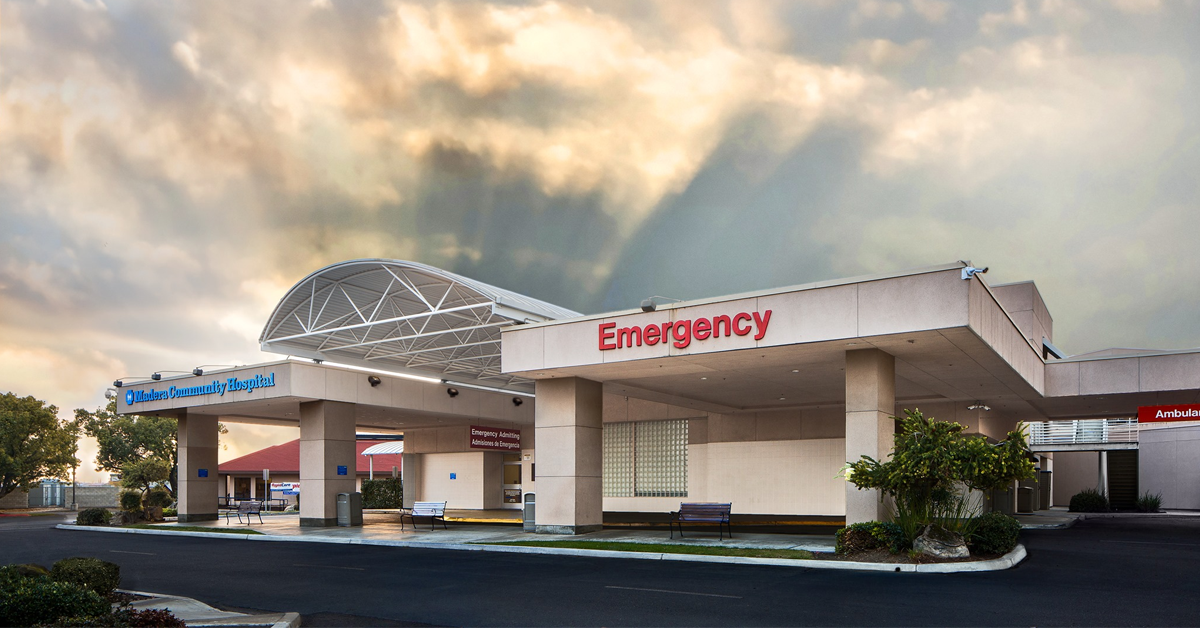The growing morass of consultants and contractors on California’s high-speed rail project are facing the blame for errors that led to the failure of support cables on a major bridge in Madera County, forcing additional delays on the Valley-leg of the rail system.
A new report from The Los Angeles Times details that the new bridge for Madera County’s Road 27 – which is slated to extend over the bullet train line and the current Burlington Northern Santa Fe rail line – was already severely delayed prior to the failure of its cables.
Last fall, the steel strands that support the more than 600-foot-long structure began snapping.
In early November, state official ordered to stop work due to the failure of the cables.
The bridge itself began work in 2016 and was tabbed for completion within one year. As the Times reports, issues with underground utilities and scheduling problems lengthened the project from 12 months to years of construction work.
The bridge cable failure has become endemic of the bullet train’s bloated management featuring five separate layers of private sector consultants and contractors who have become simultaneously integral to the project yet castigated by California leaders.
In 2018, the California State Auditor knocked the project for its over-reliance of private sector actors to deliver basic services
It has led to one upside for the businesses working on the project: limited risk of blame.
“The layers on this project are onerous,” William Ibb, a UC Berkeley civil engineering professor who has consulted on high-speed-rail projects around the world, told The Times.
“The levels of administration and review are very unusual. No one company is going to be wholly to blame if something goes wrong, because they can spread the blame around.”










